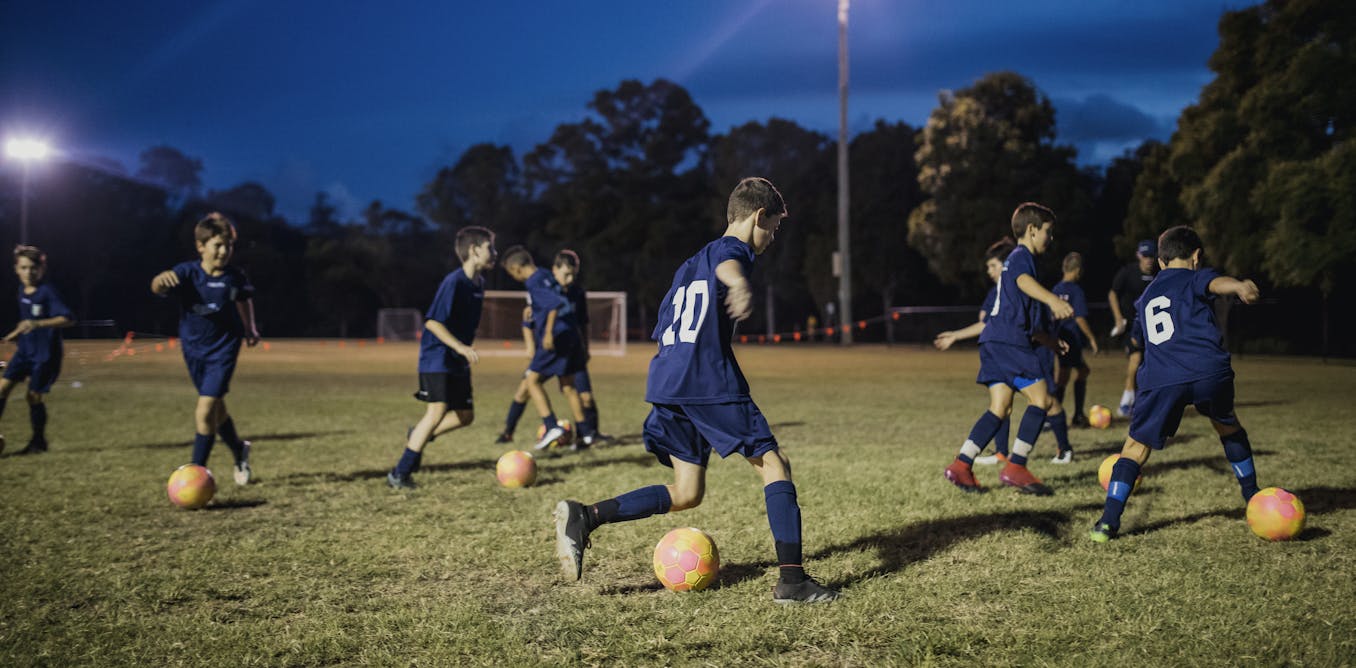Politics
New Gambling Laws Could Threaten NZ Grassroots Sports Funding

A new legislative proposal in New Zealand, known as the Online Casino Gambling Bill, aims to regulate and license up to 15 offshore casino operators. This bill is set for its second reading in parliament, but it carries with it significant implications for community funding, particularly for grassroots sports clubs.
For decades, local sports clubs relied on gaming machine revenue, commonly known as “pokie” profits, to support their operations. Each year, approximately NZ$170 million is redistributed to communities through grants, funding essentials such as uniforms, transportation, and tournament fees. As the government seeks to rein in an unregulated online gambling market, many fear that this funding pipeline may face serious disruption.
The proposed legislation allows online casinos to flourish without any obligation to return a portion of their profits to community initiatives. This could lead to a significant shift in gambling revenues from local venues to offshore operators, leaving community organizations vulnerable.
Martin Snedden, the Chair of Cycling NZ, has criticized the proposal, labeling it a “crazy move” that poses a “massive risk” to grassroots sports. He emphasized that the absence of these grants would severely threaten the survival of thousands of small, volunteer-run organizations that are vital to local sports.
The timing of this proposal poses additional challenges for the volunteer sector, which has faced increasing pressure in recent years. Many clubs that once thrived now struggle to recruit and retain volunteers. Research indicates that the compliance burden—ranging from child safeguarding checks to health and safety paperwork—has deterred many from taking on these roles. Furthermore, the rising cost of living limits the ability of families to afford club fees or volunteer their time.
Supporters of the Online Casino Gambling Bill argue that it aims to create a safer gambling environment that protects consumers and generates tax revenue. They highlight a government commitment of $81 million to address gambling-related harm through treatment and prevention programs. Yet, this approach does not address the historical social contract in New Zealand, which has permitted gambling on the condition that a portion of the profits is reinvested back into the community.
Critics point out that while the bill intends to create a more regulated gambling market, it fails to provide a solution for the community funding that would be lost. The potential consequences are profound: clubs may close, programs could be cut, and participation in sports could decline, particularly in lower-income areas that heavily rely on grants.
The report “Ending community sector dependence on pokie funding,” released by Hāpai Te Hauora-Māori Public Health amid the disruptions caused by COVID-19, called for a reassessment of the funding model. It suggested that the government should directly fund community and sports grant recipients instead of relying on gambling revenue. This shift would not only alleviate the dependence on a harmful funding model but also ensure sustainable support for organizations that serve the community.
A potential solution could involve applying the same community return principles to online casinos as are currently in place for traditional pokie venues. This could include requiring licensed online operators to contribute a fixed percentage of their gross gambling revenue to community trusts, or establishing a transparent framework for the distribution of funds.
Ultimately, maintaining community support for sports and volunteer organizations is crucial for the social fabric of New Zealand. The proposed Online Casino Gambling Bill raises complex questions about the balance between regulating gambling and ensuring that community needs are met. For families watching their children play sports on weekends and for volunteers dedicating their time, this is more than just a policy debate; it is a matter of sustaining the community spirit that defines local life.
Blake Bennett does not have any financial ties to companies or organizations that would benefit from this article and has disclosed no relevant affiliations beyond his academic position.
-

 World2 weeks ago
World2 weeks agoPrivate Funeral Held for Dean Field and His Three Children
-

 Top Stories2 weeks ago
Top Stories2 weeks agoFuneral Planned for Field Siblings After Tragic House Fire
-

 Sports3 months ago
Sports3 months agoNetball New Zealand Stands Down Dame Noeline Taurua for Series
-

 Entertainment3 months ago
Entertainment3 months agoTributes Pour In for Lachlan Rofe, Reality Star, Dead at 47
-

 Entertainment2 months ago
Entertainment2 months agoNew ‘Maverick’ Chaser Joins Beat the Chasers Season Finale
-

 Sports3 months ago
Sports3 months agoSilver Ferns Legend Laura Langman Criticizes Team’s Attitude
-

 Sports1 month ago
Sports1 month agoEli Katoa Rushed to Hospital After Sideline Incident During Match
-

 World3 weeks ago
World3 weeks agoInvestigation Underway in Tragic Sanson House Fire Involving Family
-

 Politics2 months ago
Politics2 months agoNetball NZ Calls for Respect Amid Dame Taurua’s Standoff
-

 Top Stories2 weeks ago
Top Stories2 weeks agoShock and Grief Follow Tragic Family Deaths in New Zealand
-

 Entertainment3 months ago
Entertainment3 months agoKhloe Kardashian Embraces Innovative Stem Cell Therapy in Mexico
-

 World4 months ago
World4 months agoPolice Arrest Multiple Individuals During Funeral for Zain Taikato-Fox


















